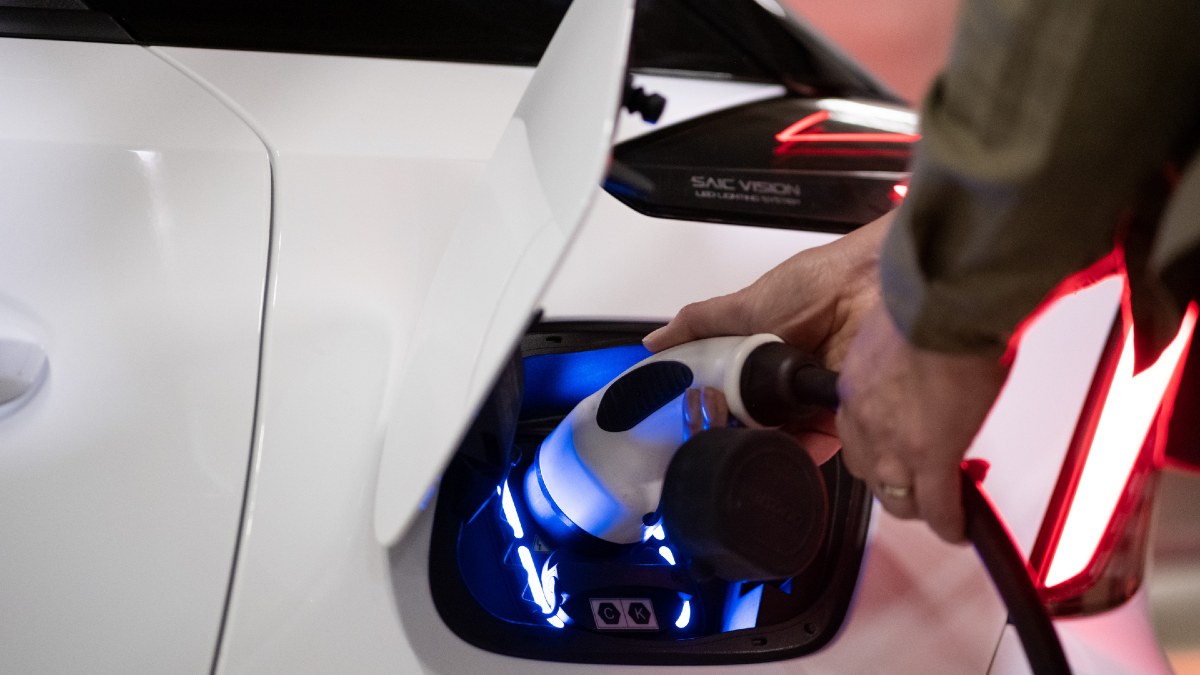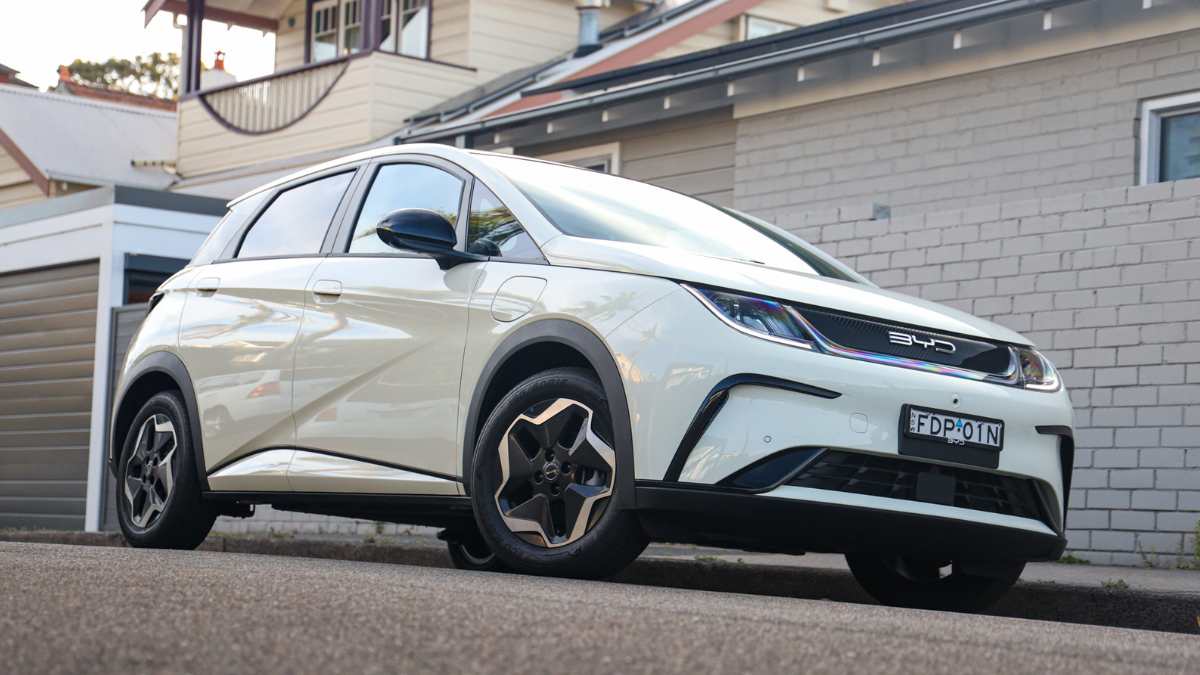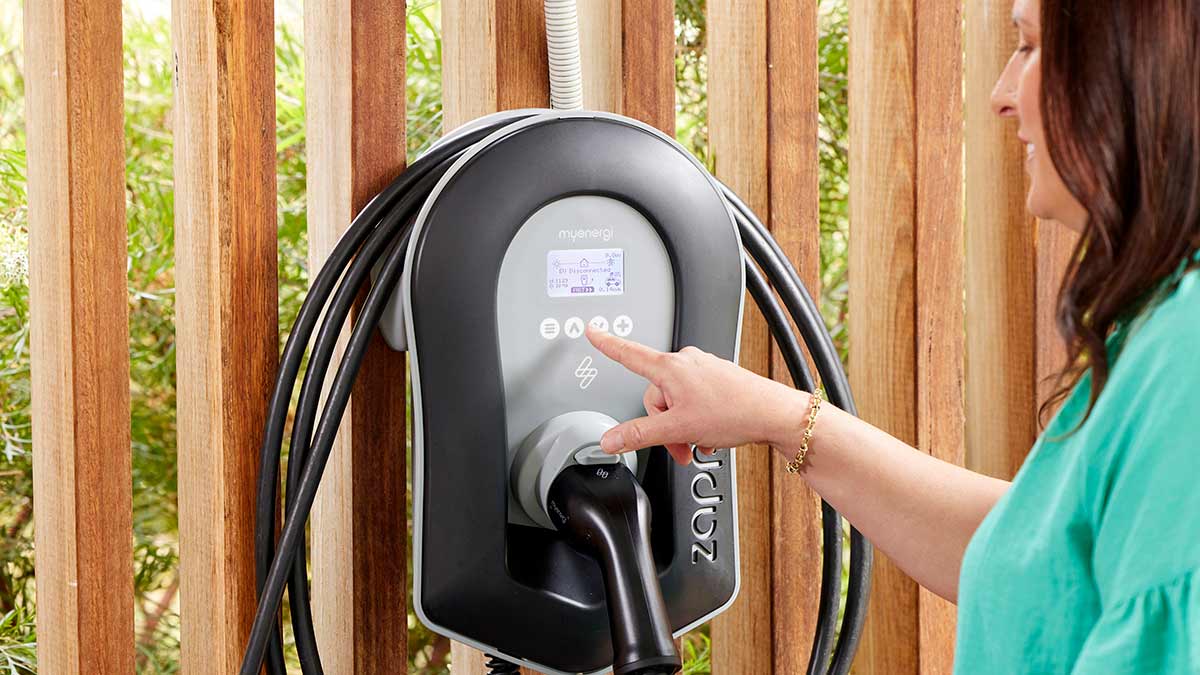Here’s a complete guide to hybrid cars and how they compare to battery-electric vehicles. From regular hybrids to PHEVs, mild hybrids and more, let’s see how they stack up against EVs.
Electric vehicle rebates, discounts and incentives in Australia

Discover all the current federal and state electric vehicle (EV) incentives across Australia for 2025, from interest-free loans and discounted rego to tax exemptions and grants.
The electric vehicle market, which includes battery-electric vehicles (BEVs) and plug-in hybrid electric vehicles (PHEVs), accounts for nearly 12 per cent of new vehicle sales in Australia, with a diverse range of vehicles available in 2025.
Data from the Electric Vehicle Council and Federal Chamber of Automotive Industries shows that 64,367 BEVs sold in Australia for the eight months ending August 31, 2025, while 33,550 PHEVs sold over the same period. Those numbers represent 11.8 per cent of all new cars sold in Australia this year.
EV incentives are available to help make EV ownership a reality for more Australians, with the cheapest EVs in Australia selling for under $35,000. EVs offer car buyers a unique mix of features, technology and quiet operation, and potential to save money on servicing and maintenance costs.
When it comes to financing your EV, you can choose between a car loan and a novated car lease. Here are all the EV rebates subsidies, discounts and reduced rates currently accessible in Australia.
EV discounts in Australia
Electric vehicle government rebates, subsidies and discounts available to Australian car buyers
Federal government incentives for EVs
EV buyers Australia-wide can enjoy these benefits in 2025:
- Exemption from fringe benefits tax (FBT) for EVs under the luxury car tax threshold
- Higher luxury car tax (LCT) threshold: $91,387 compared to $80,567 for petrol and diesel vehicles. Any car above these prices required an LCT paid to the Australian Taxation Office (ATO).
The FBT exemption for PHEVs ended April 1, 2025. Some PHEV owners may still be able to access the exemption depending on their personal circumstances - visit the Australian Taxation Office website for more details.
What is the New Vehicle Efficiency Standard?
The Federal Government's New Vehicle Efficiency Standard (NVES) came into effect on January 1, 2025. The program requires car manufacturers and suppliers to have a set average target of CO2 emissions for all new cars supplied to the Australian market. The manufacturers and suppliers must meet or beat this emissions target. This target is then progressively lowered over time so that there is an incentive for manufacturers and suppliers to provide more low and no emission vehicles.
As of July 1, 2025, the NVES applies to light passenger vehicles and light commercial vehicles. This includes SUVs, sedans, utes and vans.
Is Australia getting a national road user charge?
A national road user charge is a levy that has been floated by the federal government but no policy has yet been announced.
Read more: What is a green loan?

Plug-in hybrids no longer receive the Fringe Benefits Tax exemption. Image: Ben Weinstein
Victoria government incentives for EVs
There has been no EV subsidy from the Victorian government since 30 June 2023. However, EV owners can get a $100 rebate on their car rego. This is applied to eligible vehicles at renewal and can be seen on your renewal slip.
Victoria scrapped its EV road user tax in 2023. This tax saw EV owners paying 2.5 cents per kilometre, while PHEV owners paid 2 cents per kilometre, which amounted to around $400 a year for the average driver.
Victorians can also access solar power rebates, which could help you access the technology to charge your EV from solar energy at home.
New South Wales government incentives for EVs
New South Wales ended its EV rebate scheme and stamp duty exemption on 1 January 2024.
Queensland government incentives for EVs
Queensland's Zero Emission Vehicle Rebate Scheme ended September 2, 2024. EV and hybrid car owners receive a discount on registration for vehicles with a dutiable value of under $100,000.

Government incentives for EVs differ by state or territory. Image: Ben Weinstein
ACT government incentives for EVs
ACT residents purchasing an EV can access the following incentives:
- Up to $15,000 in interest-free loans for eligible households to purchase an EV under the luxury car tax threshold, or EV charging equipment
- Discounted registration on eligible EVs, PHEVs and hybrids through an emissions-based registration scheme.
The two years' free registration and stamp duty exemption for EVs (and 20 per cent discount for PHEVs) ended on 30 June, 2024, and motor duty exemptions for EVs, PHEVs and hybrids ended August 31, 2025.
Northern Territory government incentives for EVs
Northern Territory residents purchasing an EV or PHEV can access:
- $1,500 subsidy on stamp duty (available until 30 June 2027)
- up to 5 years' free registration
- $1,000 grant towards the cost of a residential EV charger for eligible owners under the Electric Vehicle Charger Grant Scheme.

Calculate your total EV purchase price when applying for subsidies and rebates.
Tasmania government incentives for EVs
There are currently no open rebates or loan schemes open for EVs in Tasmania.
Tasmania's Electric Vehicle Rebate program, which opened in November 2023 and offered $2,000 in funding for 375 EVs, has been full since April 2024. It's Energy Saver Loan Scheme closed September 1, 2025.
South Australia government incentives for EVs
South Australia ended its $3,000 EV and FCEV rebates on 31 December 2023. Buyers with a binding purchase contract that was unfulfilled by that date will, however, still receive the $3,000 rebate.
Residents who purchased and registered an EV prior to July 1, 2025 are eligible for a 3-year registration exemption.
Western Australia government incentives for EVs
Western Australia ended its Zero Emission Vehicle Rebate Scheme on May 10, 2025.

Consider whether you'll need a home charger when purchasing an EV.
Buying, charging and owning an electric vehicle in Australia
Buying an EV
There’s a lot to consider when buying an EV, so here are some tips and tools to get you started. RACV also provides green car loans for new and used battery electric vehicles.
Charging an EV
The biggest change to your driving lifestyle is how you’ll keep your EV charged. Here’s some help to keep you moving.
Owning an EV
Set yourself up for EV ownership success with expert advice on charging, energy efficiency and solar use.
R.A.C.V Finance Limited ABN 82 004 292 291 Australian Credit Licence No. 391488. RACV Finance is subject to RACV lending criteria. Conditions, fees and charges apply.


